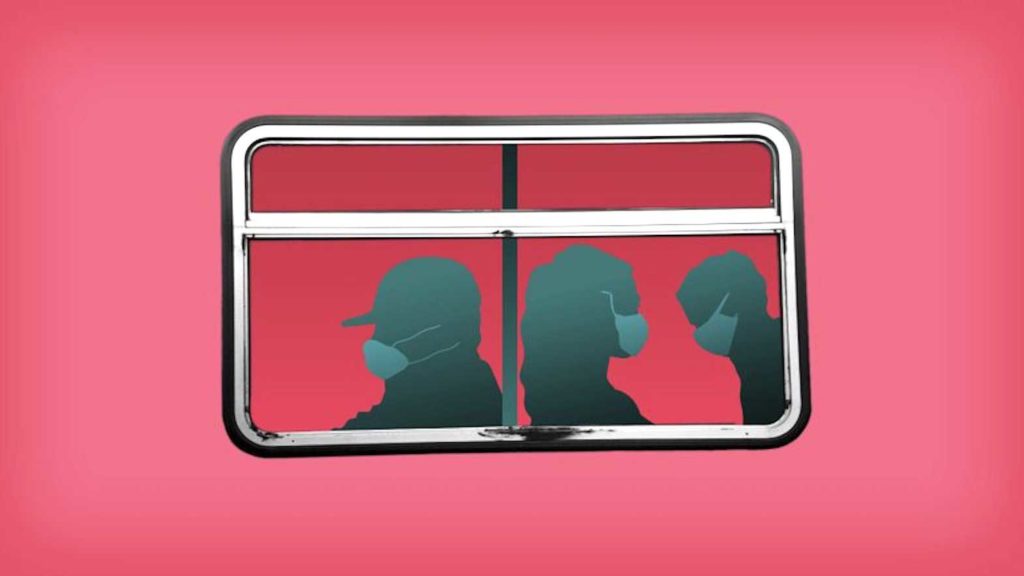Is it safe to ride public transit during the coronavirus pandemic?

PETER HAMLIN / AP
Is it safe to ride public transit during the coronavirus pandemic?
It depends on a variety of factors, but there are ways to minimize risk.
The main way that the virus spreads is through droplets people spray when they talk, cough or sneeze. That means the best way to reduce the spread of infection on public transit and elsewhere is to wear and mask and stay 6 feet from others, experts say.
Transit systems around the world are requiring riders to wear masks and encouraging people to socially distance. Compliance could vary, especially as ridership levels start rebounding and trains and buses get more crowded. But there are other steps you can take to make trips less risky.
The U.S. Centers for Disease Control and Prevention suggests traveling during non-peak hours, avoiding crowded spots in stations and stops, and skipping rows between seats when possible.
Surfaces are also believed to pose a risk, though to a lesser degree, and transit systems are employing a variety of cleaning techniques. Moscow and Shanghai have experimented with germ-killing ultraviolet light and Hong Kong has deployed a robot that sprays hydrogen peroxide. In New York, subways are shut down overnight for cleaning.
Even so, the CDC says to avoid touching surfaces such as turnstiles and handrails if you can.
Though much remains unknown about the virus and how it spreads, experts note there have not yet been any major outbreaks linked to transit systems.

